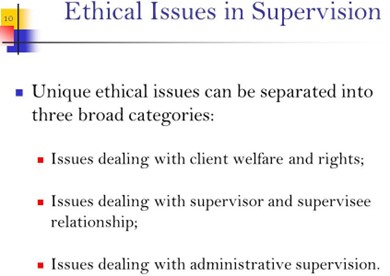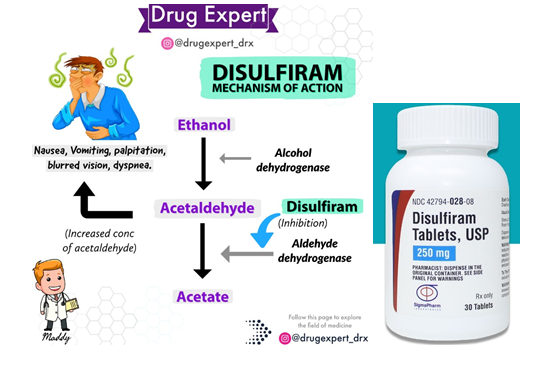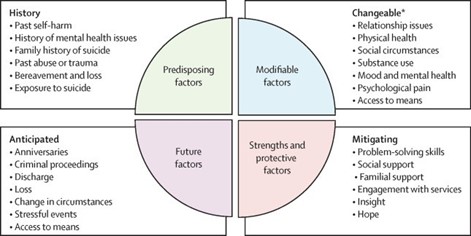In a Behavioral Health Unit team meeting, a registered nurse Says, "l am concerned if we are behaving ethically by using restraint to prevent one patient from self-mutilation while the care plan for another patient who has also self-mutilated issues calls for one-on-one supervision."
Which ethical principle most clearly applies to this situation?
Veracity
Non maleficence
Autonomy
Justice
The Correct Answer is D
The ethical principle of justice refers to the fair and equal treatment of all individuals. In this situation, the nurse is concerned about whether the team is behaving ethically by using different approaches to prevent self-mutilation in two patients. The nurse is questioning whether the team is treating both patients fairly and equally.
Option a. Veracity refers to the principle of truth-telling and honesty.
Option b. non-maleficence refers to the principle of doing no harm.
Option c. Autonomy refers to the principle of respecting an individual’s right to make their own decisions.

Nursing Test Bank
Naxlex Comprehensive Predictor Exams
Related Questions
Correct Answer is B
Explanation
Disulfiram is a medication used in the treatment of alcohol addiction. It works by causing unpleasant symptoms, such as nausea and vomiting, when alcohol is consumed. This medication is only effective if the client abstains from alcohol consumption while taking it. If the client consumes alcohol while taking disulfiram, they will experience severe adverse effects, including nausea and vomiting, which can be a sign of a severe reaction. Therefore, it is crucial for the nurse to suspect that the client's distress is likely caused by consuming alcohol while taking disulfiram.
Option a is incorrect because nausea and vomiting are not common side effects of disulfiram.
Option c is incorrect because the question does not provide any information suggesting an allergic reaction.
Option d is incorrect because an overdose of disulfiram would not likely cause nausea and vomiting as severe as those reported by the client.

Correct Answer is C
Explanation
Schizophrenia is a severe mental illness associated with an increased risk of suicide. Individuals with schizophrenia are at a higher risk of suicide due to the presence of symptoms such as depression, hopelessness, and social isolation. Unemployment is also a risk factor for suicide as it can contribute to financial and social stress.
The other options do have some risk factors, but not as high as the individual in option c. Alcohol use and being independent-minded are not necessarily significant risk factors for suicide, and being active in church can be a protective factor. While depression is a significant risk factor for suicide, it is not the only factor, and having two best friends may be a protective factor. Diabetes, in and of itself, is not a risk factor for suicide.

Whether you are a student looking to ace your exams or a practicing nurse seeking to enhance your expertise , our nursing education contents will empower you with the confidence and competence to make a difference in the lives of patients and become a respected leader in the healthcare field.
Visit Naxlex, invest in your future and unlock endless possibilities with our unparalleled nursing education contents today
Report Wrong Answer on the Current Question
Do you disagree with the answer? If yes, what is your expected answer? Explain.
Kindly be descriptive with the issue you are facing.
